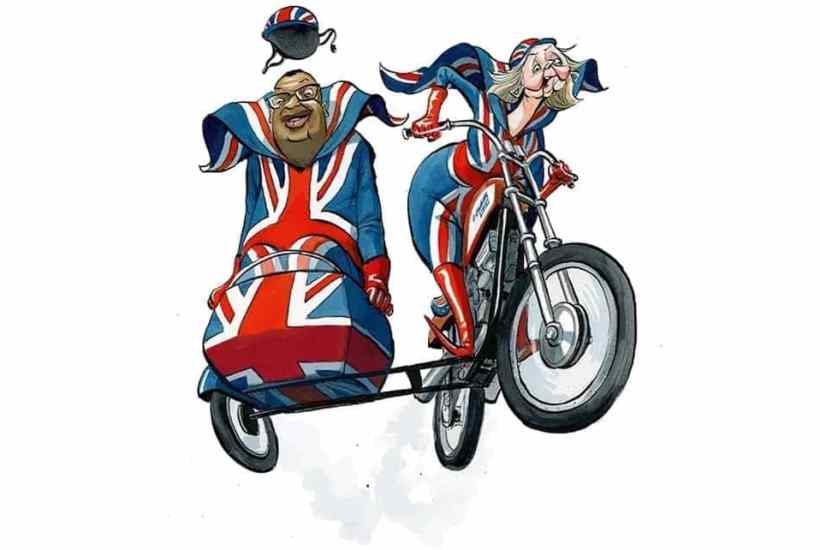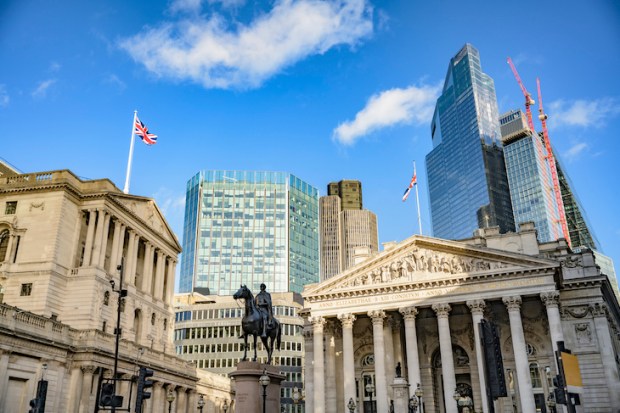Massive tax cuts. A huge budget deficit. And a wild dash for growth, stoking a short-lived boom, before it all ends in a spectacular crash. As the new government unveiled the widest ranging tax cuts since the 1980s, along with a huge increase in the budget deficit, City commentators and the wiser sort of newspaper pundit are already comparing it to the ‘Barber boom’ of 1972 or the ‘Lawson boom’ of 1988. Both of those ended very badly. In their dreams, Sir Keir Starmer and Rachel Reeves are probably already fantasizing about an ashen-faced Liz Truss and Kwasi Kwarteng calling in the IMF for an emergency bail-out – before getting wiped out at an election. But hold on. In fact, this is not a return to Tory boom n’ bust.
True, Kwarteng today unveiled some major tax cuts, including abolishing the top rate of 45 per cent, and lowering the standard rate to 19 per cent. And he added a few tens of billions to the borrowing requirement, even if most of the extra spending was to finance an energy bail-out that any other government would have financed anyway. And yet there are also three very important differences with the Barber and Lawson booms of the 1970s and 1980s.
First, Kwarteng has mostly made structural changes to the tax system. They may or may not work, but the intention is to improve the supply side of the British economy, and to make it more competitive, both by improving the incentives to work, and by making the UK a more attractive place to invest. That is very different from a pure giveaway – and has a very different impact on the economy.
Next, interest rates. They are going up at the same time as the government is cutting taxes, so the net impact on demand is likely to be very modest. That is very different from the last two rounds of Tory tax reform. There is very little risk of a wild spending boom.
Finally, sterling. Sure, the pound is getting punished on the markets. But unlike the 1970s or 1980s, sterling floats completely freely. It is not part of a semi-fixed exchange rate system as in the 1970s or attempting to shadow the deutsche mark as it was in the 1980s. It does not matter that much if it falls against the dollar, except for the hit to inflation. And in lots of ways, such as exporting, or attracting foreign capital, a currency depreciation actually helps the UK economy.
Of course the Kwarteng mini-Budget is a gamble. Most Budgets are, at least if they set out to achieve anything of significance. But his critics are kidding themselves if they think it will end in a spectacular crash. At worst, it won’t make much difference – and if it is followed through with robust planning reforms and a wave of deregulation it may well prove the start of a dramatic revival.
Got something to add? Join the discussion and comment below.
Get 10 issues for just $10
Subscribe to The Spectator Australia today for the next 10 magazine issues, plus full online access, for just $10.




















Comments
Don't miss out
Join the conversation with other Spectator Australia readers. Subscribe to leave a comment.
SUBSCRIBEAlready a subscriber? Log in